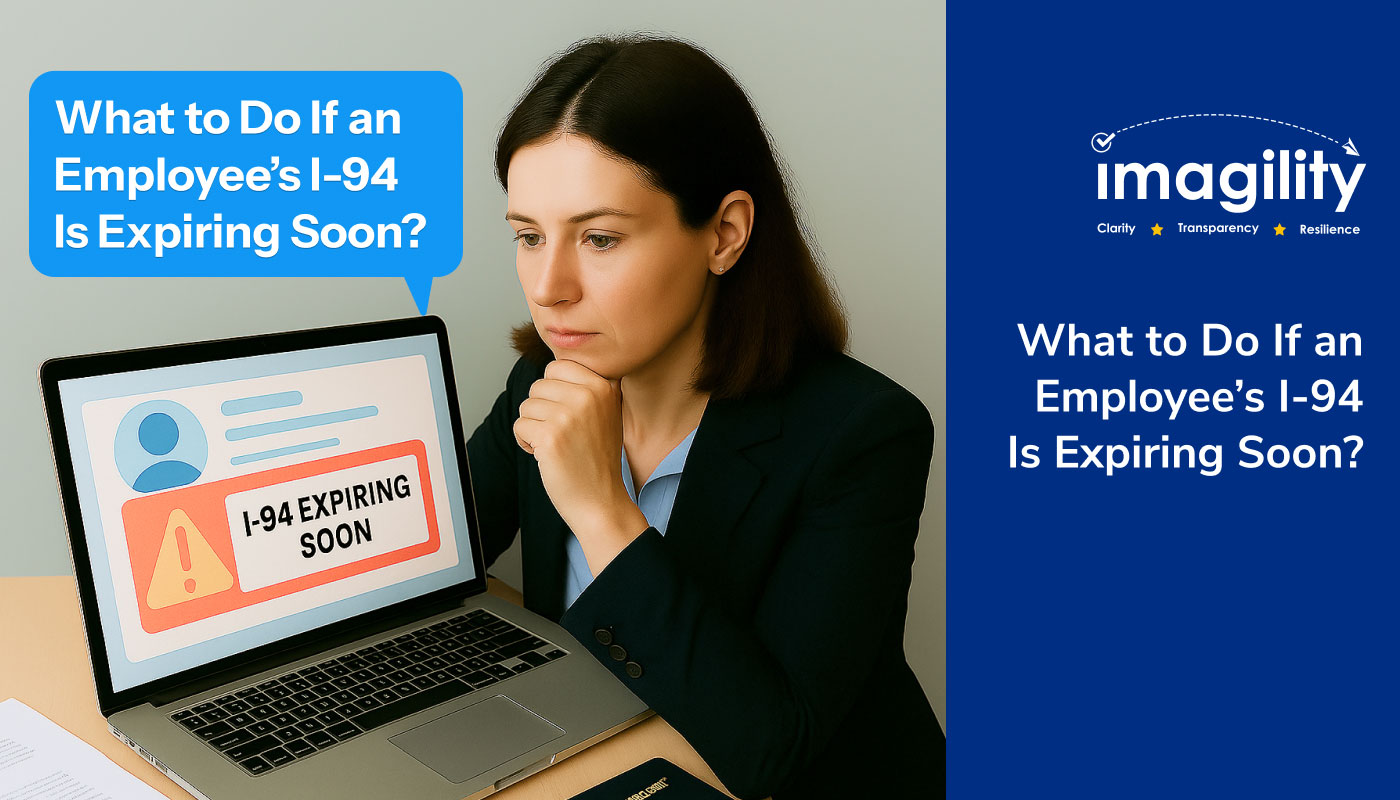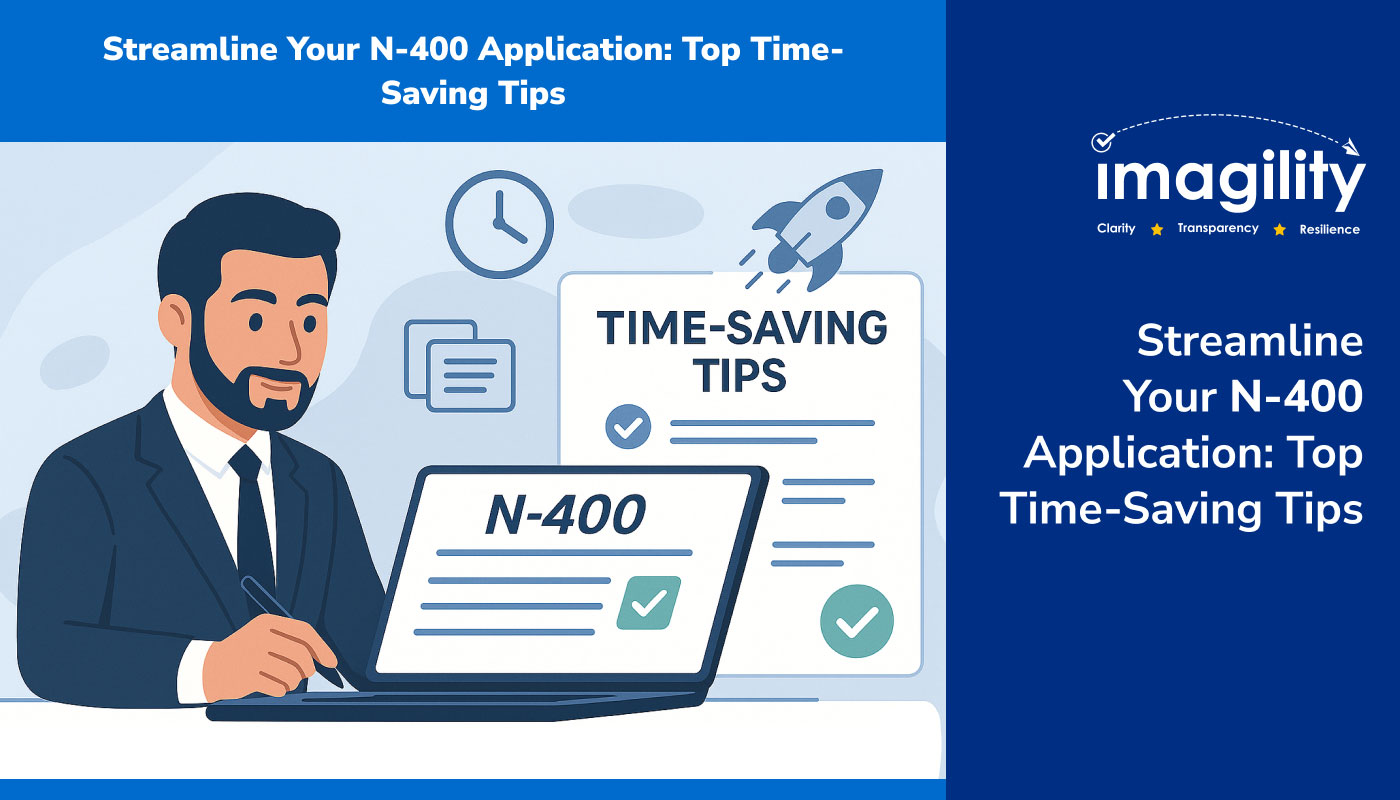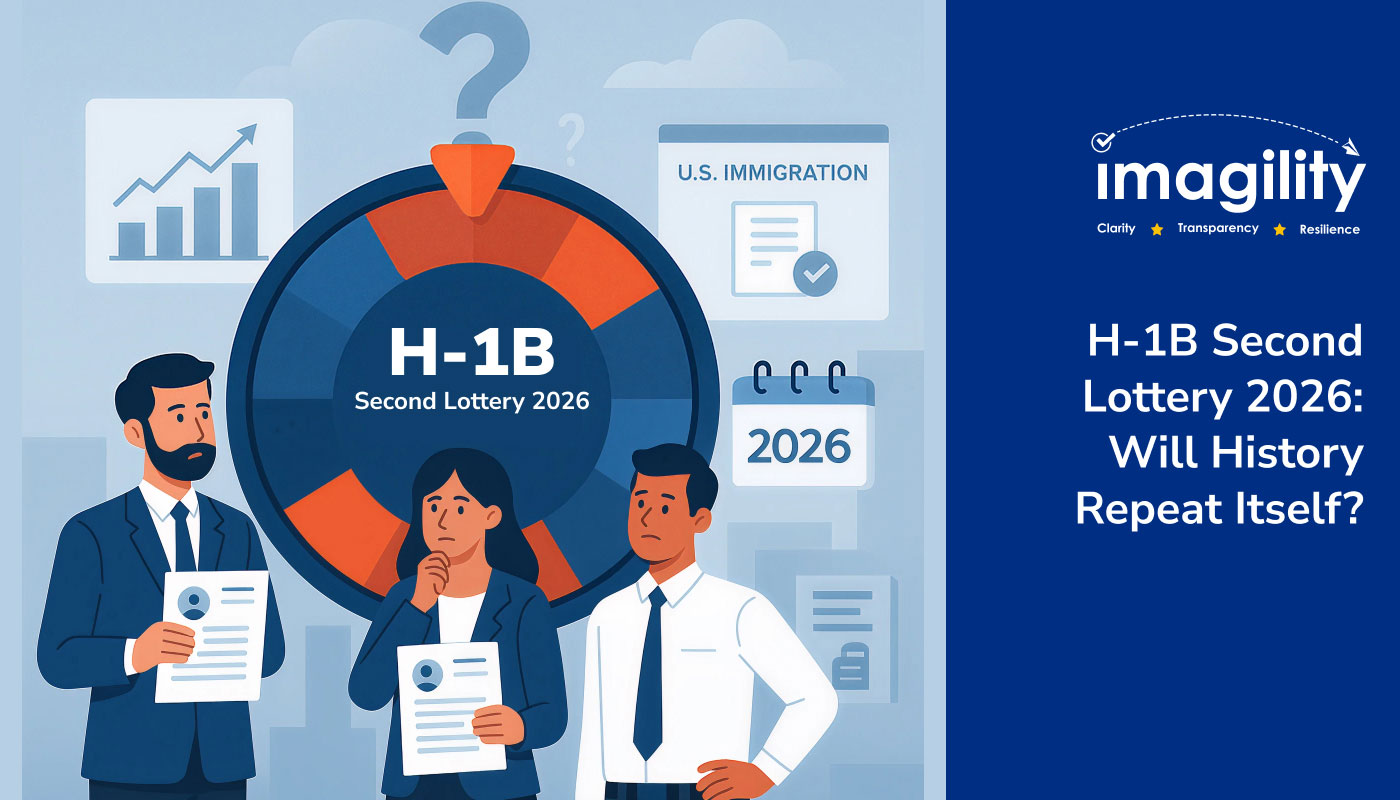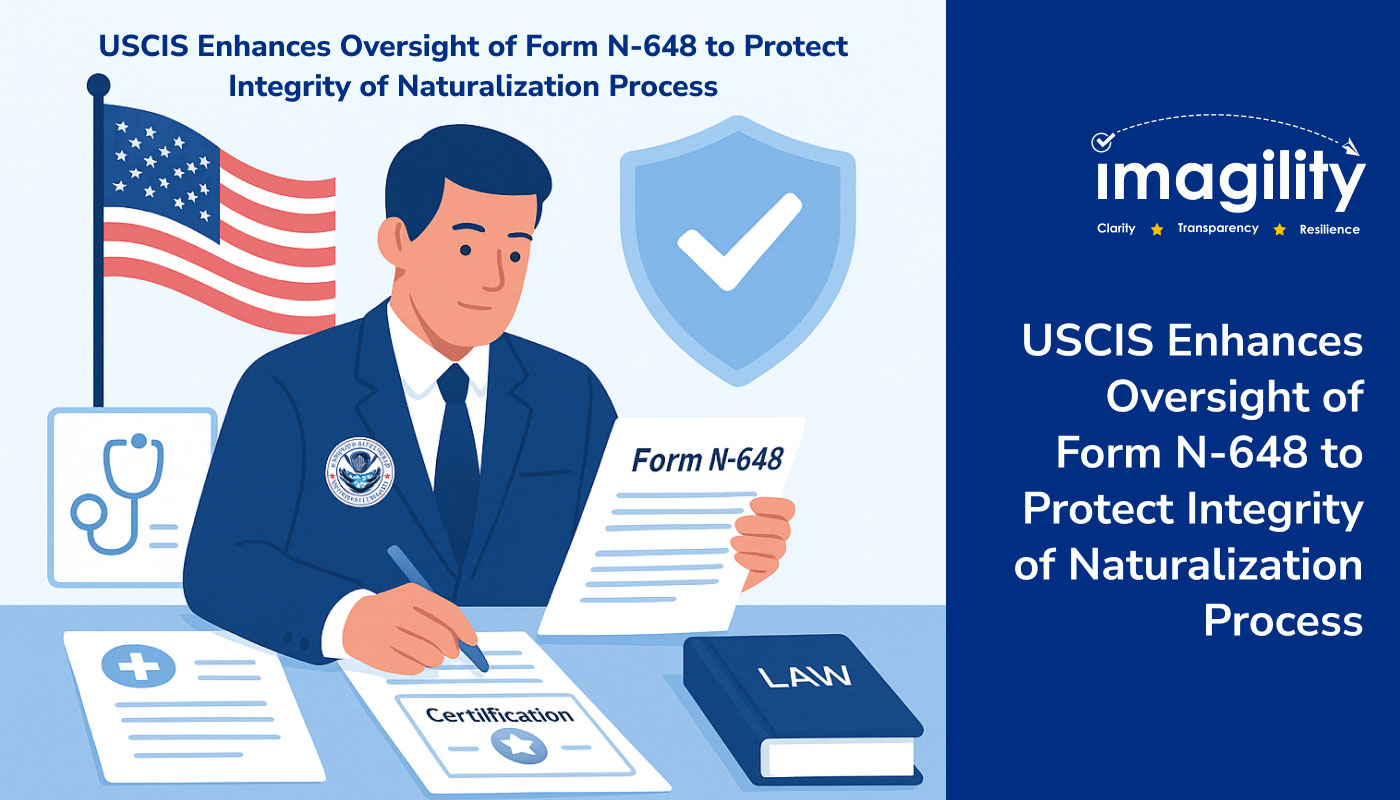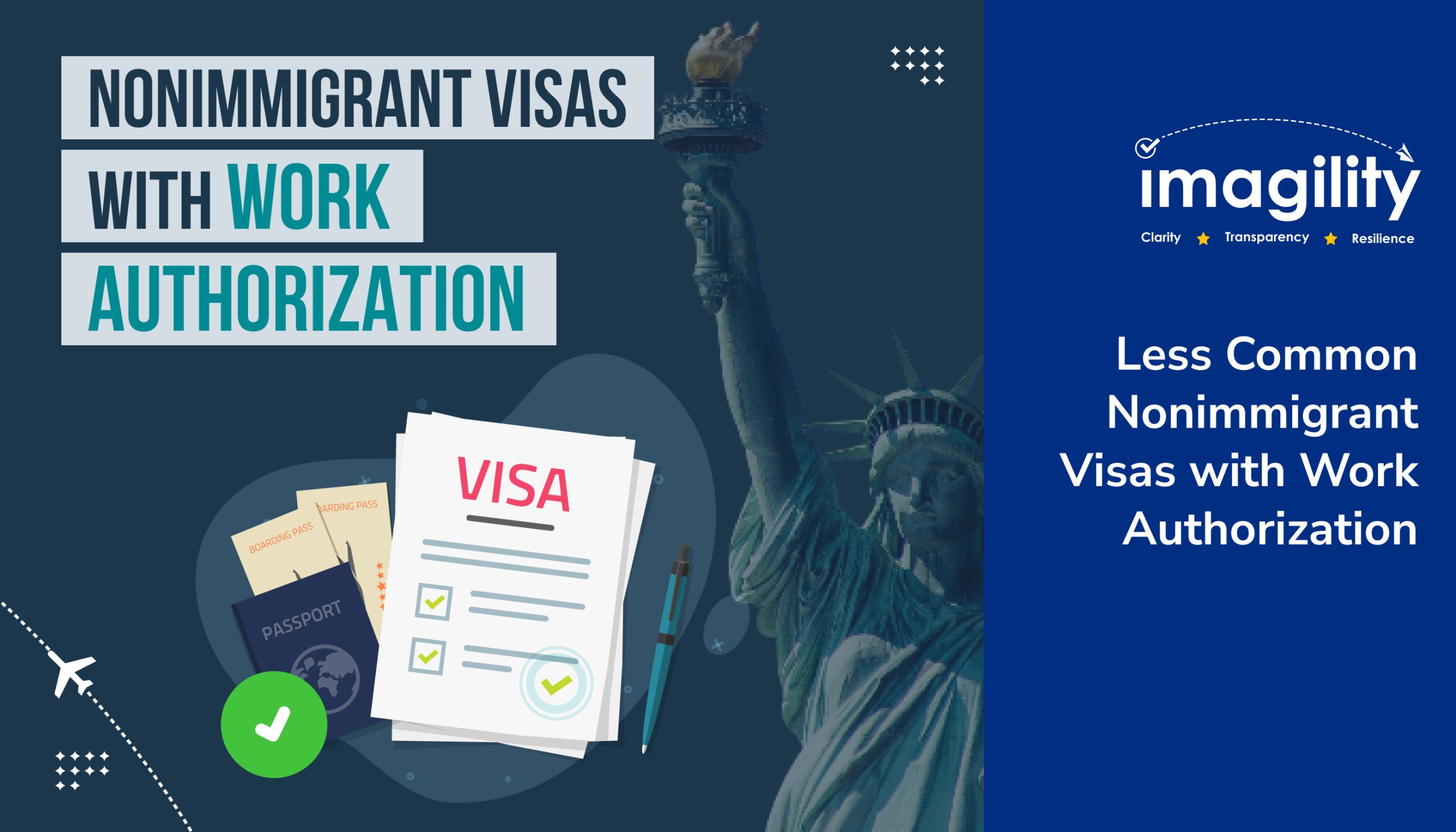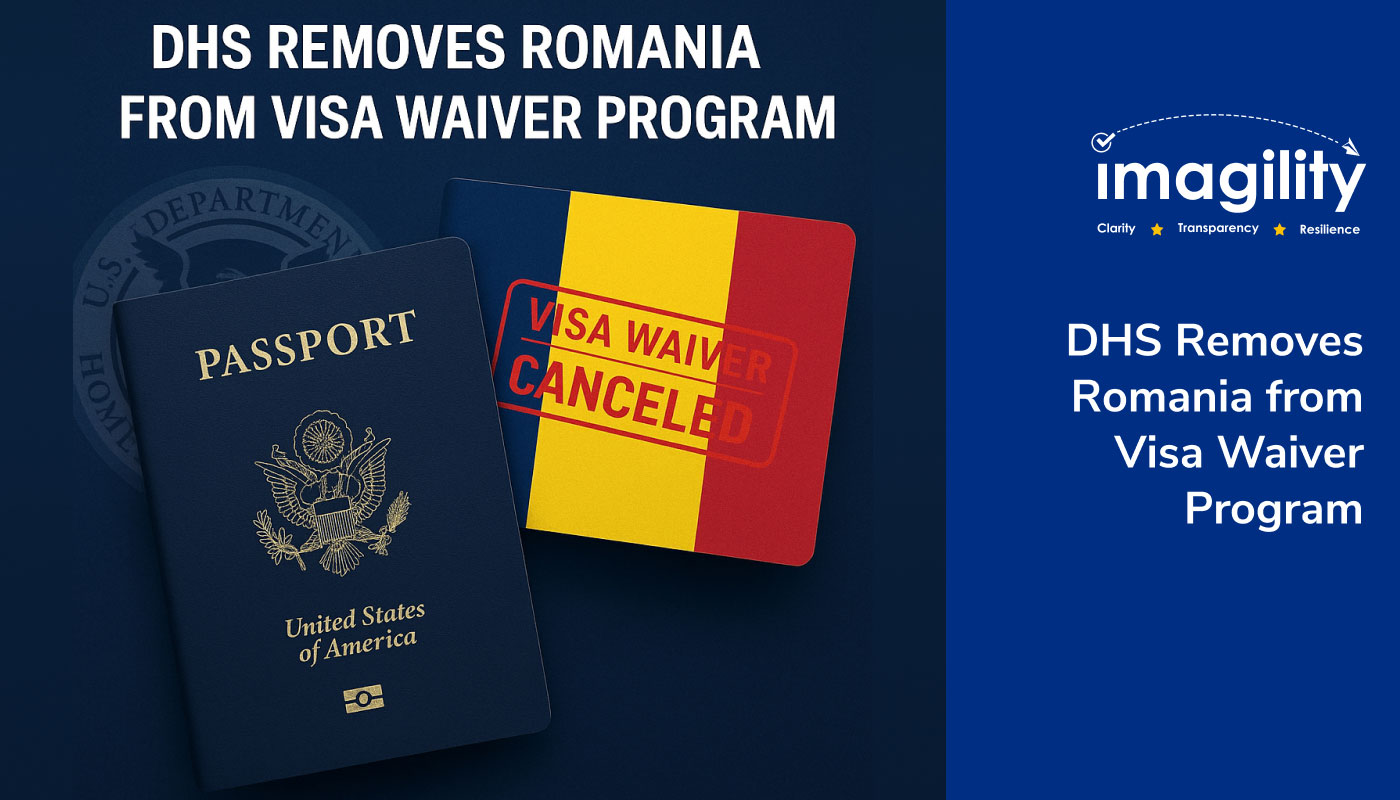FDNS (Fraud Detection and National Security) visits are generally conducted by U.S. Citizenship and Immigration Services to verify information employers provide in various immigration petitions and applications. In an attempt to ensure that employers are following immigration laws and regulations properly, USCIS conducts these periodic audits.
In the complex world of immigration compliance, employers must navigate through strict rules and periodic audits to ensure adherence to the law. An essential aspect of this is the visits carried out by the Fraud Detection and National Security Directorate (FDNS), a branch under the United States Citizenship and Immigration Services (USCIS). Understanding how FDNS visits influence employer immigration compliance is crucial for upholding legality and security within the workplace.
Unveiling FDNS Visits: What Employers Need to Know
FDNS visits are aimed at verifying and validating the compliance of employers with immigration laws. These visits aim to ensure that businesses are upholding the standards set forth by law, safeguarding against fraud, and contributing to national security.
During these visits, FDNS officers thoroughly examine the employer’s immigration-related documentation, internal processes, and adherence to regulatory requirements. Areas of scrutiny often encompass employment verification processes, Form I-9 compliance, documentation maintenance, and more.
Significance of Immigration Compliance for Employers
When it comes to immigration laws, employers shoulder significant responsibilities. They will have to comply with those laws to avoid penalties, fines, and potential legal action. Non-compliance can result in a range of consequences, from hefty fines to reputational damage, which can harm a company’s operations and standing in the industry.
Preparing for an FDNS Visit
Employers should adopt proactive approaches to maintain robust compliance measures, including regular audits and documentation review. It is mandatory to organize and maintain accurate records. Likewise, they must ensure accessibility to relevant documentation during an FDNS visit for a streamlined process. Apart from that, employers must educate their employees on compliance protocols, best practices, and communication strategies when engaging with FDNS officers. This can greatly aid in navigating such visits.
Best Practices for Navigating FDNS Visits
During an FDNS visit, it is crucial to foster open communication and provide full cooperation to officers to demonstrate a dedication to compliance to facilitate a smoother process. After the visit, employers should address concerns if any or follow-ups post-visit to address potential issues and make necessary changes or improvements.
Impact and Importance of FDNS Visits
FDNS visits serve as a reminder of the ongoing need and importance of improving compliance efforts. These visits provide valuable operational insights, shedding light on areas that might need enhancement for better compliance procedures. These visits show that companies need to keep changing and improving how they follow immigration rules to meet the changing compliance requirements and standards.
Conclusion
FDNS visits serve as a critical component in ensuring immigration compliance among employers. Being prepared, maintaining meticulous records, and fostering a compliance-centric culture within the workplace are fundamental steps in successfully navigating these regulatory visits.
Understanding the impact of FDNS visits on employer immigration compliance is not only about compliance with the law; it demonstrates an organization’s commitment to integrity, security, and legal responsibility.
Helpful Resources
FDNS Site Visits: What & Why do they happen?
The FDNS Playbook
FDNS Site Visits: How to be prepared


